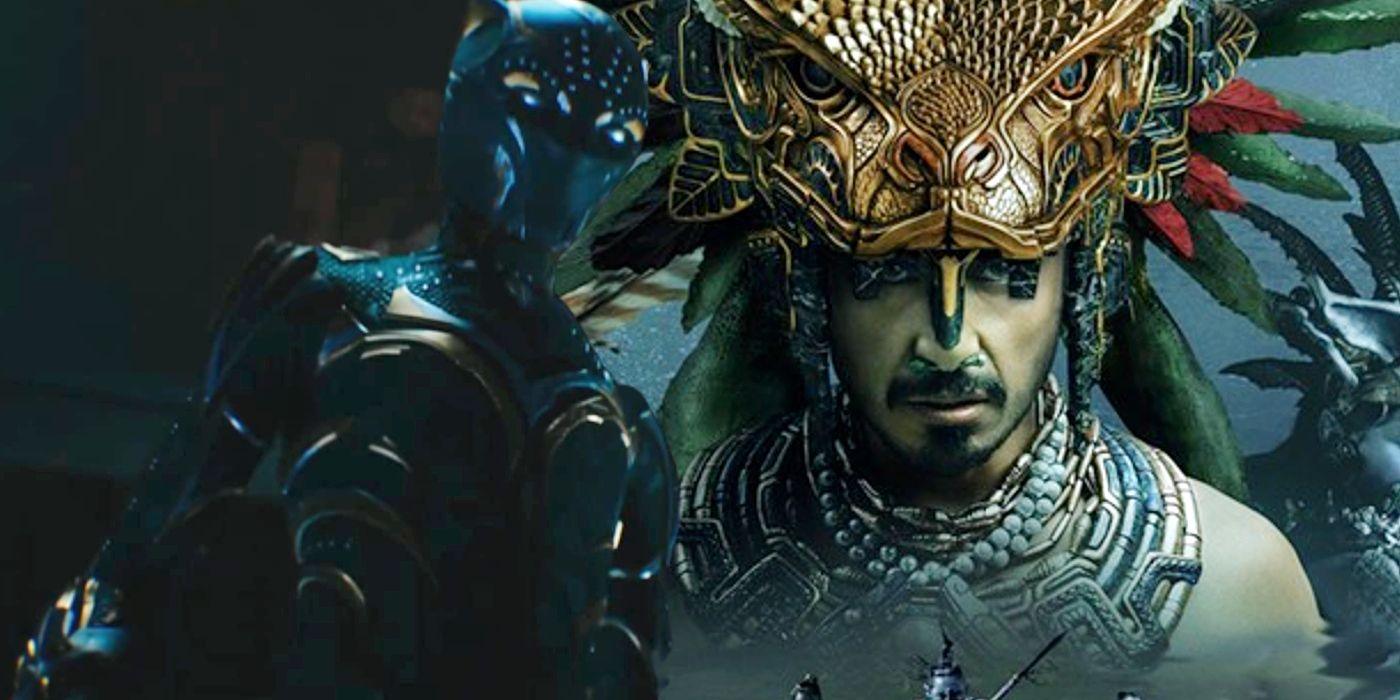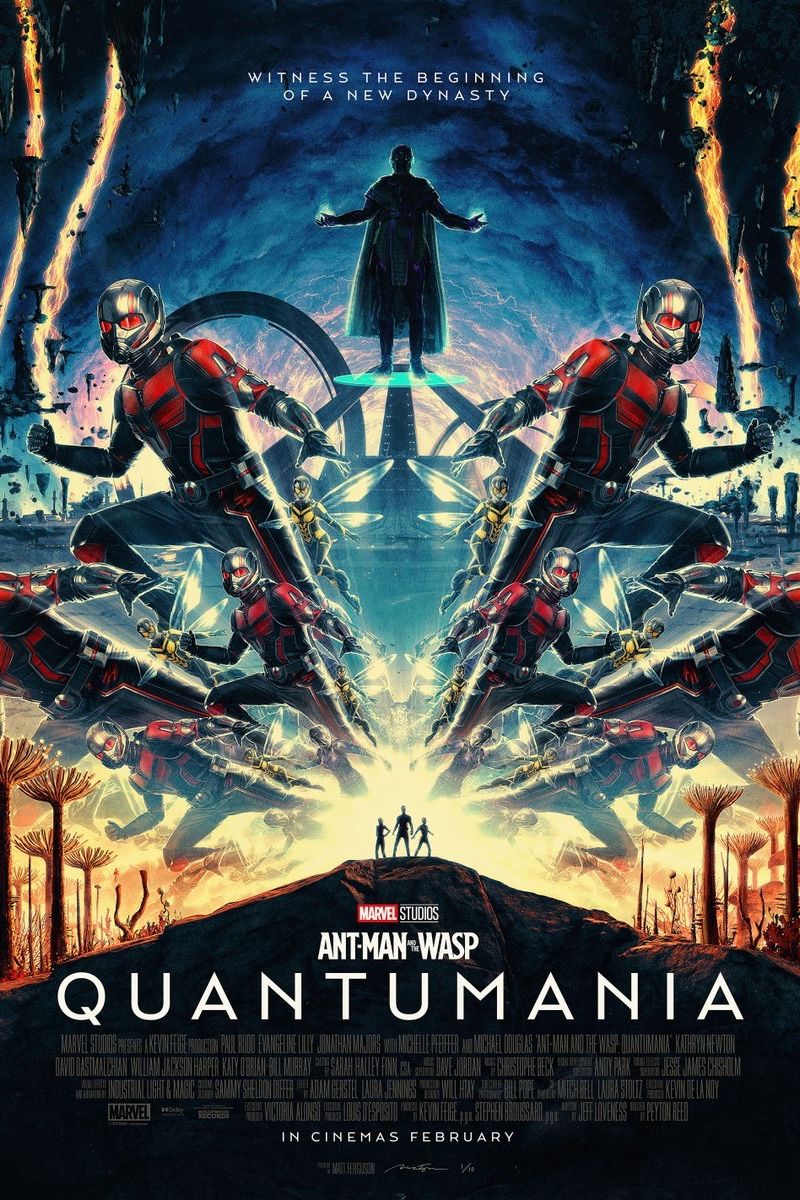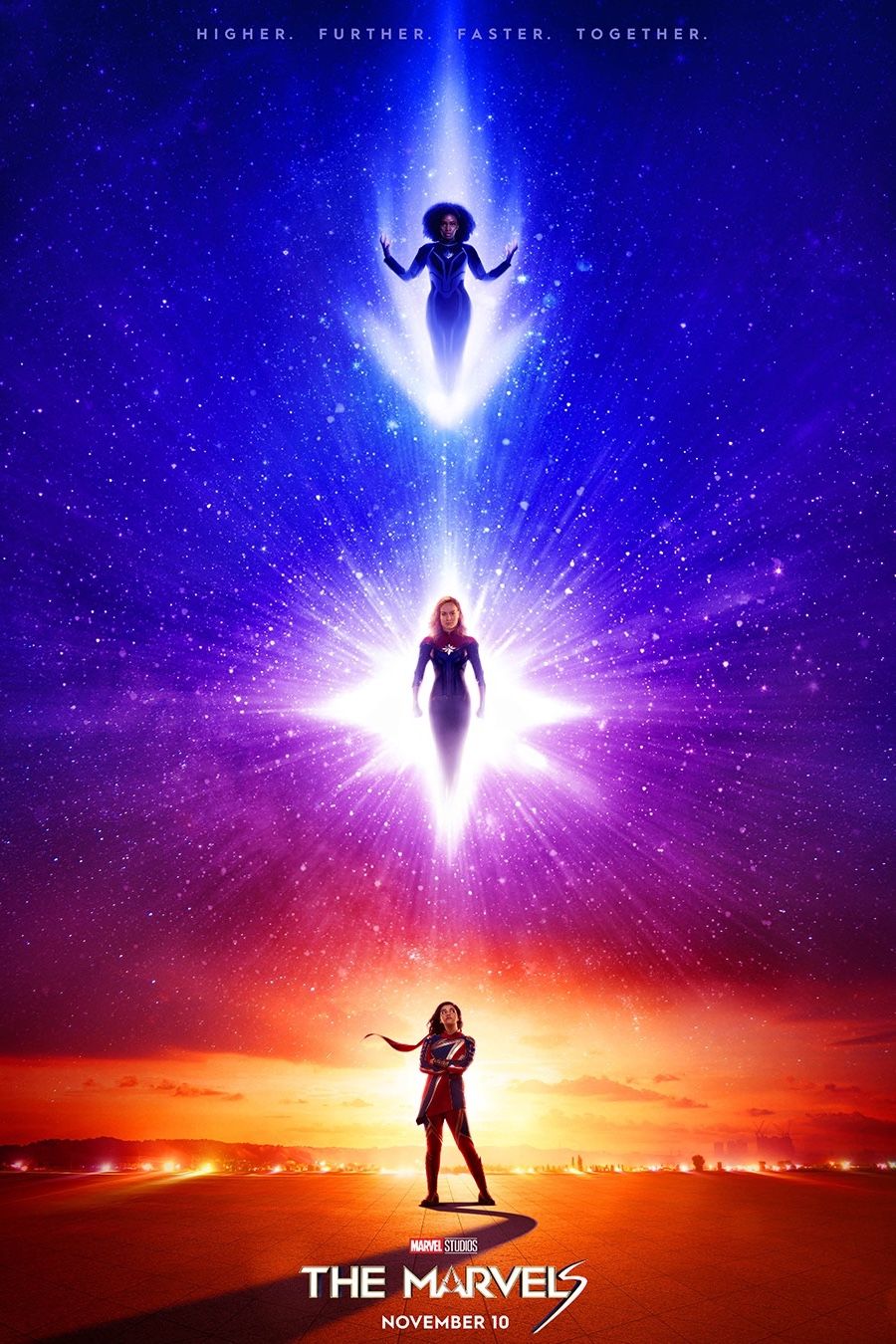The Marvel Cinematic Universe’s Phase 4 officially closed with the highly-anticipated sequel to 2018’s Black Panther with Black Panther: Wakanda Forever. As an epic yet heart-wrenching tribute to the actor who played King T’Challa, the late Chadwick Boseman, Wakanda Forever borrows from its real-world loss and features Wakanda in a state of mourning for the passing of its monarch and protector. In a world without the Black Panther, Wakanda Forever explores T’Challa’s emergent heirs and honors his legacy with a respectful transition to his younger sister Shuri’s (Letitia Wright) Black Panther, and also teases Toussaint (Divine Love Konadu-Sun), T’Challa’s son, as a potential recipient of the heart-shaped herb.
Pushing boundaries, the MCU’s Phase 4 was an experimental era that paid off. Breaking from its own superhero plot formulas, Marvel expands into the streaming game with exclusive in-universe series (WandaVision, Falcon and the Winter Soldier, and Loki, among others) which puts the MCU’s Multiverse Saga in full-throttle. While Phase 4 provided an exciting, new experience for Marvel fans, the media franchise chose to cap Phase 4 with Black Panther: Wakanda Forever, and for good reason.
Why Black Panther 2 Wasn't Right For Phase 5 (But Perfect For Phase 4)
The MCU’s Phase 4 has been quite particular with its themes, specifically on grief and legacy. Throughout post-Endgame movies or series, Marvel has dedicated key moments that include beloved characters expressing their sadness over their losses, as well as a number of original Avengers arcs being wrapped as they pass on the mantle to new characters. These emotional transitions are observed in Black Widow as Yelena Belova discovers Natasha Romanoff’s death, Sam Wilson finally steps up as the next Captain America in Falcon and The Winter Soldier, Clint Barton essentially partners up with a younger version of himself in Hawkeye’s Kate Bishop, and Shuri becoming the new Black Panther.
Wakanda Forever ending the MCU’s Phase 4 was perfect. It’s not just because the movie encapsulated the thematic resonance of grief and legacy, but also because it paid homage to Chadwick Boseman’s death in such a profound and beautiful way. Given that Marvel often toys with comedic elements in its films, anything that would have followed Wakanda Forever (as part of Phase 4) wouldn’t fit, potentially coming off as jarring next to the weight of T’Challa’s real and reel demise, and worse still, become an insensitive step past the actor’s memory.
Considering that Phase 5 is scheduled to begin with Ant-man and the Wasp: Quantumania, the MCU has already set the tone for its upcoming lineup. Black Panther: Wakanda Forever’s release in Phase 4 was at a now-or-never impasse that worked out for the better in the end. The Black Panther sequel effectively closes the deeper notes of Phase 4, and pushes for a lighter one to carry audiences toward Phase 5 and 6’s stakes.
Black Panther 2's Ending Is The Perfect Phase 5 Set Up
Neatly setting up Phase 5, Wakanda Forever showcases the perfect combination of acceptance and hope which is an essential trait for the end of an era. Addressing the intricacies of human vulnerability has always been Marvel’s strong suit, while also maintaining humor and positivity, and Wakanda Forever brings that to a whole new level. Shuri’s transformation from the grief-stricken and vengeful princess into a Black Panther rising above her very human instincts, topped with her discovery about Toussaint’s existence (Lupita Nyong’o’s Nakia and T'Challa's son) assures that the transition from Phase 4’s Wakanda Forever to Phase 5 leaves no emotional baggage unresolved, perfectly setting up a bright new era.













